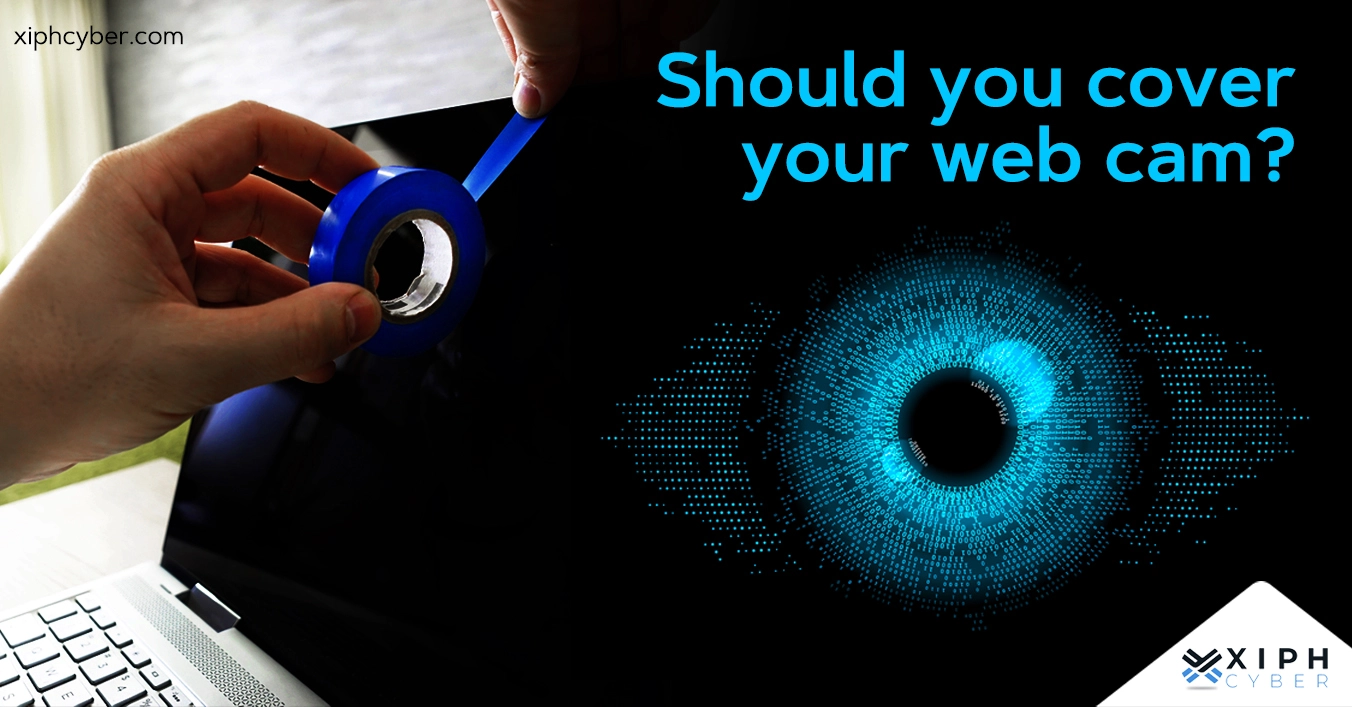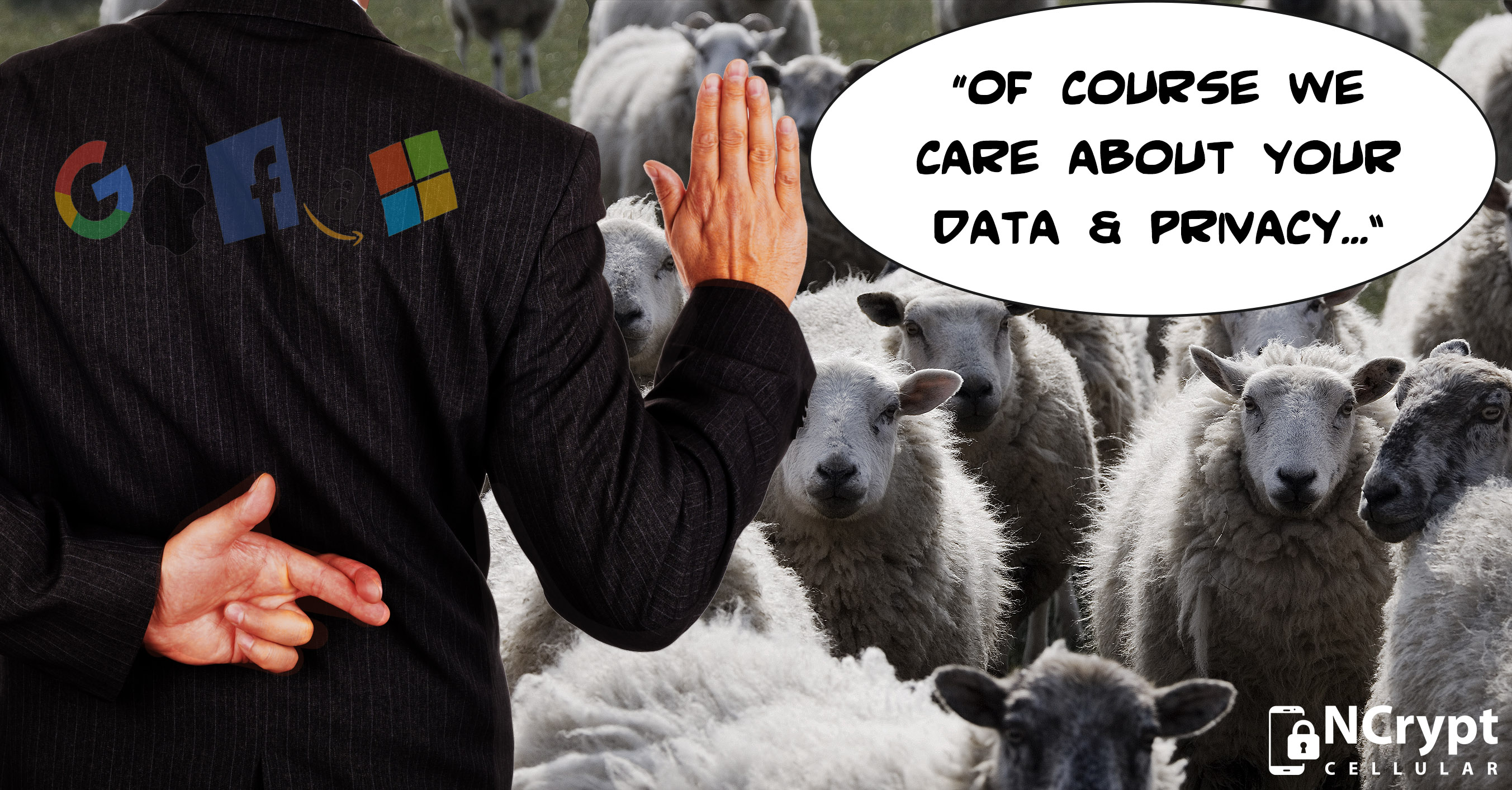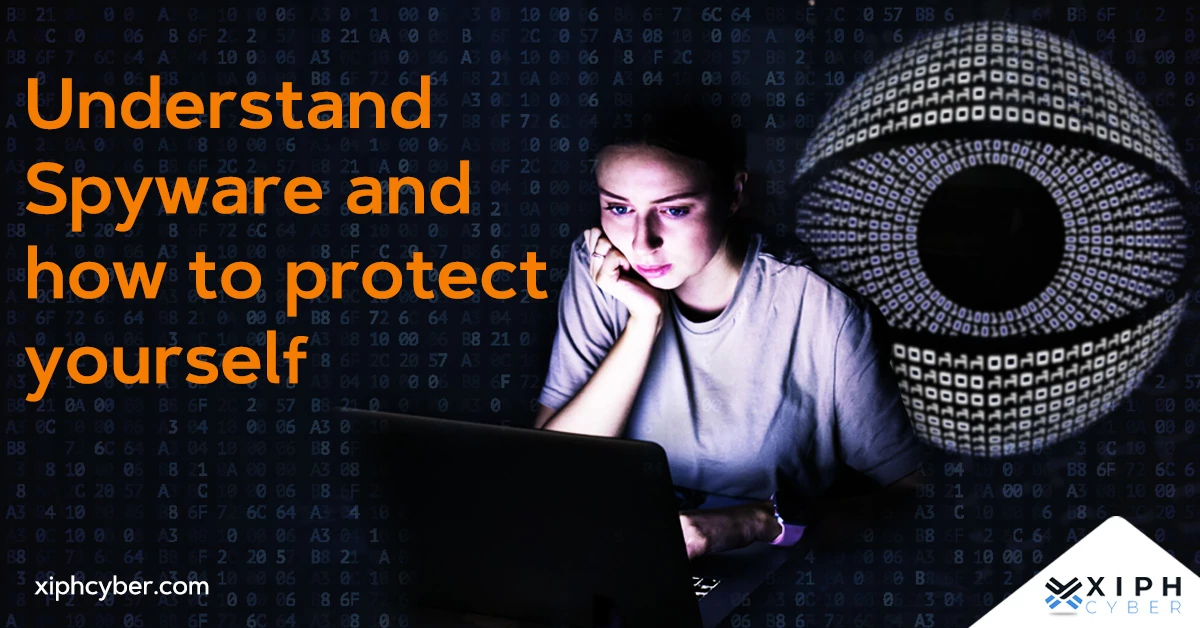Published Jan 20, 2017 by Xiph
Government surveillance is nothing new. In the 16th century, the Elizabethan court kept track of those who wanted to overthrow the Queen with a government agency of spies and code-breakers busily intercepting their correspondence. One Elizabethan method of encryption was done by placing a sheet of paper punched with holes over the top of a letter so that just the letters making up the secret message could be read. The sender and receiver both had to use the same punch-hole ‘key’.

Government surveillance is nothing new. In the 16th century, the Elizabethan court kept track of those who wanted to overthrow the Queen with a government agency of spies and code-breakers busily intercepting their correspondence.
One Elizabethan method of encryption was done by placing a sheet of paper punched with holes over the top of a letter so that just the letters making up the secret message could be read. The sender and receiver both had to use the same punch-hole ‘key’.
Today, all of us should be using encryption to protect the information we send and receive through our smartphones.
The latest form of government surveillance is in the form of a law passed by Federal Parliament in March 2015 that forces phone and internet service providers to store certain details of all phone calls and internet/email communications for two years.
This information is known as metadata. Here’s a look at what the law means for your privacy.
What is metadata?
‘Metadata’ means ‘data about data’. Confusing? Well, let’s say you call a friend to invite them along to see the new Star Wars movie.
The information being exchanged from your point of view would be about the movie: what session you’ll go to, where you’ll meet and what time. While the government isn’t allowed to access the content of this communication without a warrant, there is a host of revealing data that it is able to gather under the metadata laws.
Here is a sample of the type of information that can be collected under the laws and accessed by government departments and security agencies, and even local councils:
- The name and address of the person making the call/text.
- The phone number it was made on.
- The name and address of the person receiving the call.
- The time and location the call was made and the location of the receiver.
Both the Coalition and Labor agreed that this new metadata retention is necessary to help government agencies in counter-terrorism and serious crime investigations
But it does come at the cost of your privacy. There are now also concerns that metadata may be open for use in civil litigation and copyright cases now under review by the Attorney General’s department.
While each piece of metadata might seem fairly innocent on its own, once the dots are connected, it reveals a lot of information about you as an individual and your private life.
As Privacy International states, metadata can be used to build up a picture of a person’s behaviour, personal views and contacts – revealing everything from shopping habits to their daily travel routine and who they talk to.
So how do you defend your right to privacy?
Most people would defend their right to keep certain beliefs, opinions and actions private. We want to choose who we share these things with.
At NCryptcellular, we believe privacy is a right, not a privilege. Our encrypted smartphones significantly limit the amount of metadata being collected, and help protect you from invasive collection systems.
Through powerful encryption and routing communications through the Tor network, the metadata collected while using our Nexus 5Xand Nexus 6P smartphones is indecipherable, protecting your online privacy.
Metadata collection of business activity
Businesses need to be aware that employees will share confidential information such as internal promotions and current projects on social media.
Sensitive information such as employee to customer contact details are being harvested through metadata retention laws.
In addition to legislation, significant metadata collection is being harvested by popular applications such as Uber and Tinder.
Using an NCryptcellular phone allows businesses to talk and message freely about confidential deals and sensitive corporate issues.
Keeping out of the metadata net may not be possible all the time, but keeping business calls, texts, emails and location private is within your reach with secure encrypted smartphones from NCryptcellular.
Posted in: Security


